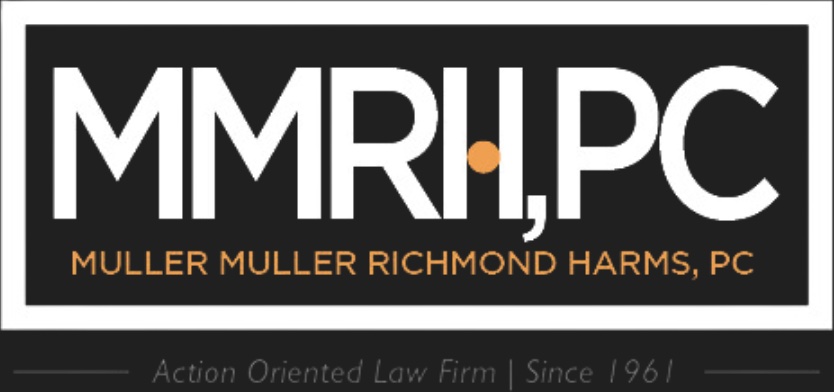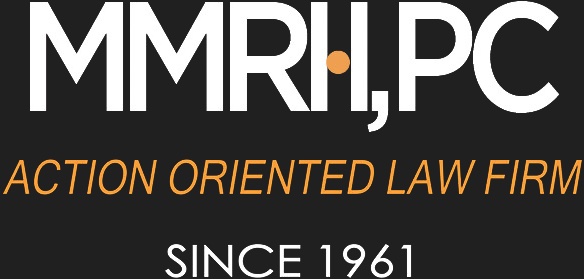Common Legal Entities in Lending

What counts as a legal entity when lending money?
Why is it important to understand what kind of entity you’re dealing with?
When it comes to credit lending, there are five common legal entities:
- Sole Proprietorship: A business owned and operated by an individual, without limited liability or any of the other features of a corporation.
- General Partnership: A business entity where the owners share personal liability for the debts and obligations of the business.
- Limited Partnership: A form of partnership with general partners, who manage the partnership and are personally liable for its debts, and silent partners, whose liability is limited to the value of their interest in the partnership.
- Corporation: An artificial entity or “legal person” that under normal circumstances shields its owners from liability for its debts.
- Limited Liability Company (LLC): An entity similar to a corporation that ordinarily shields its owners (usually called members) from liability for the debts of their business.
In addition to the liabilities described for proprietors and general partners, personal liability may also arise in the context of other legal entities. For example, an individual may become liable by:
- Signing a personal guaranty or suretyship agreement.
- Managing a business as a member of a limited liability company on the very rare occasion that the documents creating the LLC require personal liability.
- Continuing to run a corporation that has been automatically dissolved by the state.
- Making purchases on behalf of a company that has not yet incorporated.
- Commingling personal money with business money or thinly capitalizing the business from the start.
So, what does this mean for your credit decisions?
- Individual and personal guarantors: A person who applies for credit, or who signs a personal guaranty of payment for another entity, should be evaluated for credit purposes based upon their personal assets and income. In the event of default on the debt, they are personally liable.
- Proprietorships: The owner of a proprietorship is personally liable for any default on credit terms extended. A proprietor is the owner, and the business isn’t a separate legal entity.
- Partnerships: The owners of a general partnership are personally liable for money owed. Although the partnership entity is a legal entity that may stand alone financially, the general partners (owners) are personally liable to you.
- Corporations: When you sell to a corporation, only the corporation is liable for your debt. The shareholders only become personally liable if they sign a personal guaranty. Exercise extreme caution when extending credit to a corporation.
- Other Legal Entities: State laws allow for a wide variety of legal entities and, as you process credit applications, over time you’ll probably encounter most of them. You may encounter joint ventures, a cooperative venture between two or more legal entities, or the professional limited liability company (PLLC). To protect yourself, evaluate these entities in the same way you would evaluate a corporation.
Need Help from Michigan Collection Services?
No matter what entity you’re dealing with, if they’re not paying, we can help you collect. With our firm, you get a comprehensive package of Michigan-based collection services, including international debt and judgement collection. If you have questions or are ready to place a claim, call (248) 645-2440 or submit a contact form here.


